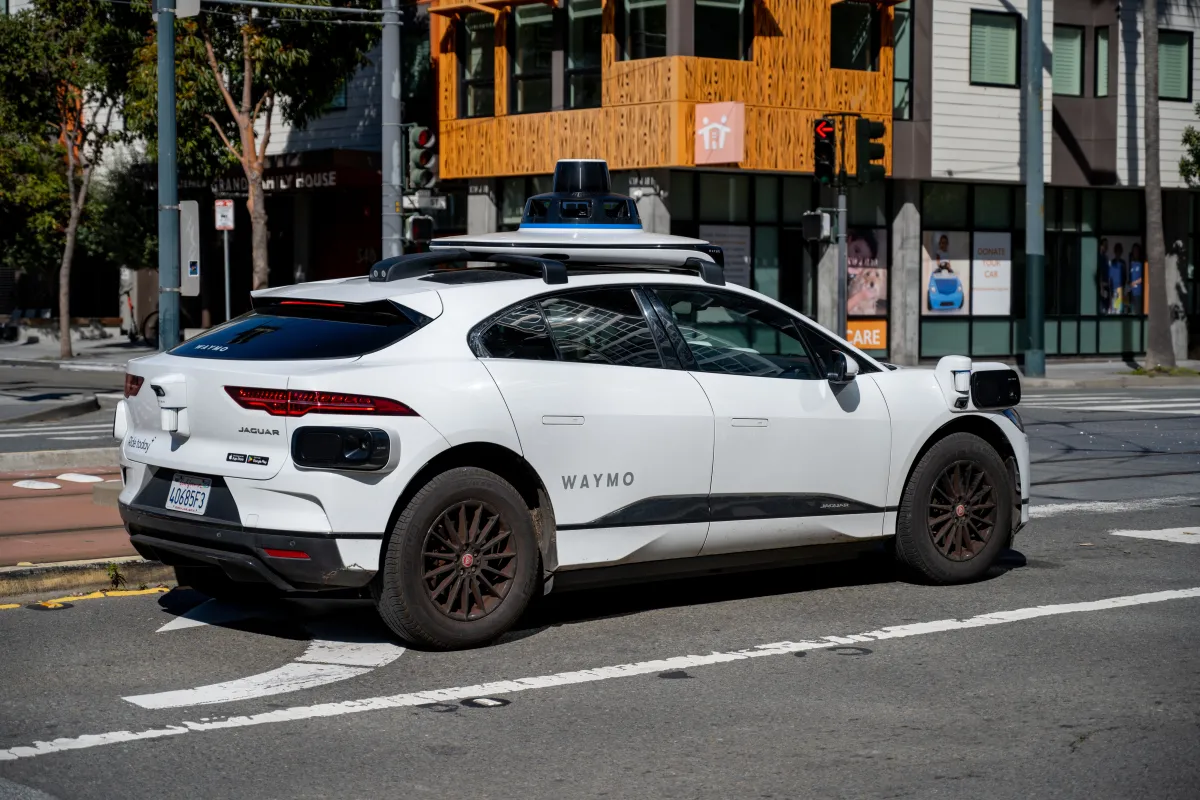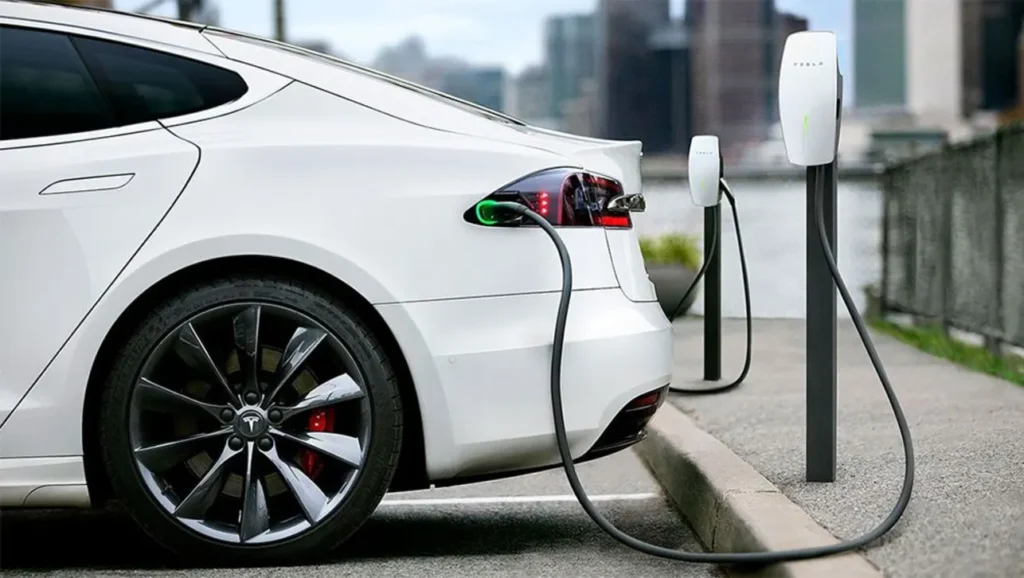
Alphabet’s self-driving car unit, Waymo, has recalled a version of its autonomous vehicle software after a series of low-speed collisions involving stationary roadside objects like gates and chains. The voluntary recall, covering 1,200 robotaxis, was first disclosed in documents submitted to the National Highway Traffic Safety Administration (NHTSA) and was originally rolled out as a software update in late 2024.
The Problem: Misjudged Roadside Barriers
The recall stems from at least seven known incidents, dating from December 2022 to April 2024, where Waymo’s vehicles collided with what NHTSA termed “stationary and semi-stationary objects” — such as parking lot gates, chain barriers, and similar structures. While no injuries were reported, the recurring pattern prompted closer regulatory scrutiny.
The NHTSA launched a preliminary evaluation in May 2024, and Waymo began cooperating with the agency while deploying a corrective software update in November 2024. The update was aimed at reducing the likelihood of such impacts and, according to company documents, has already significantly improved performance in those edge cases.
Recall “To Meet Regulatory Obligations”
Waymo described the move as a “software recall” not due to immediate safety risks but as a formal response to regulatory requirements. In filings with NHTSA, the company stated that its internal Safety Board recommended the recall to fulfill “relevant regulatory reporting obligations.”
Since the update, the fleet — now expanded to 1,500 vehicles — continues to operate across Austin, Los Angeles, Phoenix, and San Francisco with the revised software.
Not Waymo’s First Software Recall
This isn’t the first time Waymo has pulled back software versions in response to edge-case incidents:
In June 2024, the company recalled software running on its Jaguar I-Pace vehicles after a robotaxi hit a telephone pole.
In February 2024, another recall was triggered after two separate robotaxis struck the same towed pickup truck — a rare but notable edge case involving occluded vehicles.
As NHTSA continues its broader review of autonomous driving systems, Waymo has also disclosed nine additional similar incidents between February and December 2024, bringing the total number of related cases to at least 16.
A Step Toward Safer Autonomy
Waymo’s recall reflects a growing trend in the autonomous vehicle space, where software updates increasingly replace mechanical fixes — but carry just as much regulatory weight. With robotaxis now representing live public services in multiple U.S. cities, the industry is under intensifying pressure to demonstrate transparency and proactive safety measures.
Waymo, which remains one of the most advanced players in full self-driving deployment, has so far managed to avoid serious injuries or fatalities. Still, these recalls underscore the complexity of training AI to reliably interpret and respond to unpredictable physical environments — especially when visibility or context is limited.
As robotaxis become more common, and as NHTSA continues to fine-tune its oversight, expect software recalls like this to become a standard part of autonomous vehicle lifecycle management.
read more about incidents here

